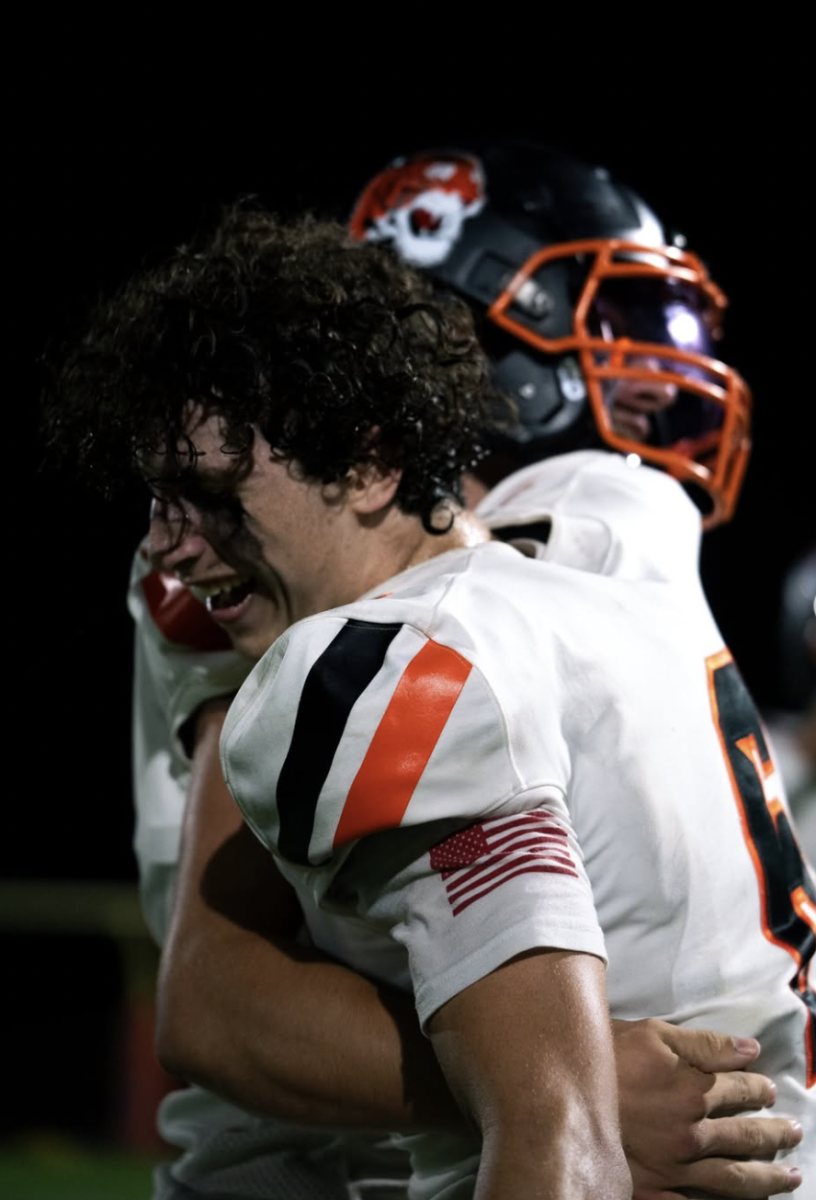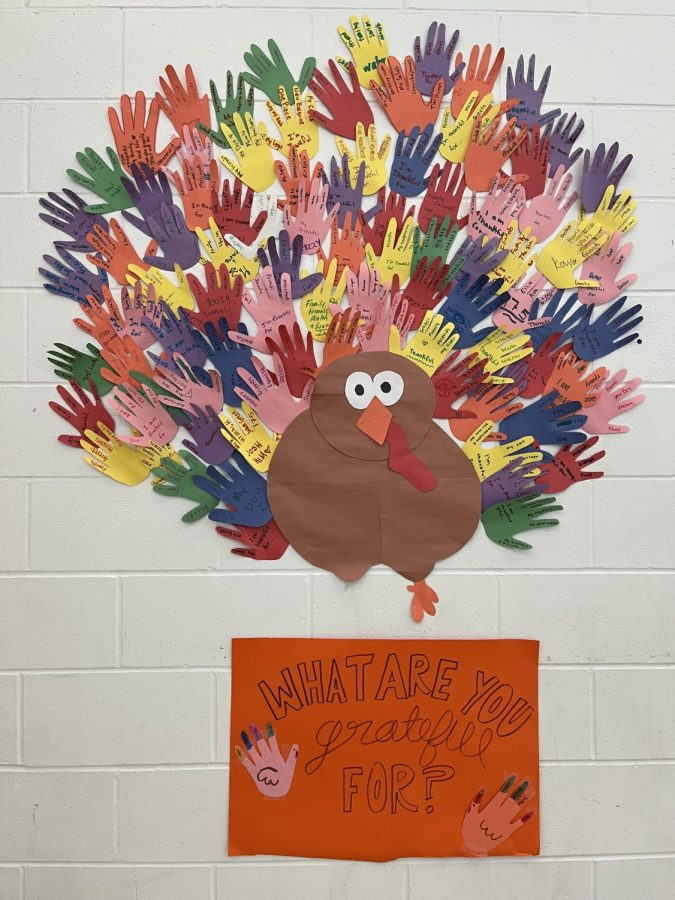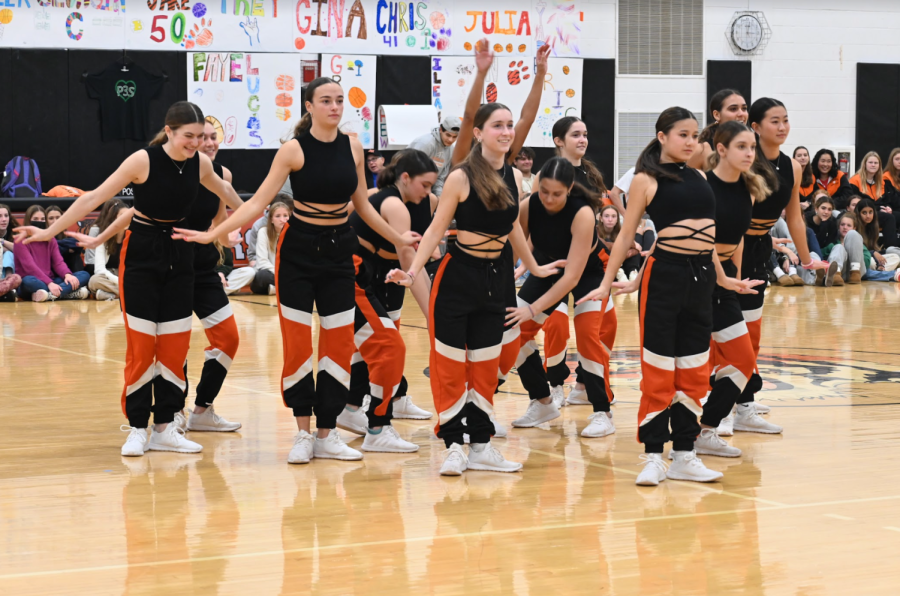 [/media-credit]
[/media-credit]
- Sarah Fish, who is studying linguistics, addresses the audience in the film lecture hall C-block.
by Jacob Schwartz
“When I was younger, I used to try to have conversations with people, and then after asking what they were saying for the second or third time, they would usually say, ‘Oh, forget it,” said Alan Gifford, now President of the Massachusetts State Association of the Deaf. He and other panelists discussed living with their deafness yesterday, during C-block in the film lecture hall. Senior Jamie Moore moderated the event.
The panelists spoke through a sign-language interpreter, with the exception of Gifford, who spoke and signed simultaneously.
According to Community Outreach Coordinator for the Beverly School of the Deaf Kristin Johnson, it has not always been easy to diagnose patients with deafness. Her brother, who is deaf, was unable to be diagnosed at first because of medical error.
“About 54 years ago, my mom had an intuition about my brother and his hearing. When she brought him into the doctor, and the doctor clapped from the other side of the room, my brother responded to the clap,” she signed. “The doctor didn’t think he was deaf because of that, but my mom realized that he was feeling the vibrations, and that’s how he could respond to the clap. So, when I was born, my mother had a feeling I was deaf.”
Panelist also discussed their experiences of education. David Guardino, who works for Deaf, Inc., said he remembers missing many directions from his teachers during his early years at school. Then, in fourth grade, he transferred to a school that supported him and his deafness. “Starting in high school, I had an interpreter, which was a little frustrating, but also useful,” he said.
Most of the panelists’ families are supportive of their deafness. However, Gifford said his grandmother always used to blame his mother for his deafness. “This made me feel a little guilty,” he said.
According to administrative assistant Avi Dasgupta, some people in his home country of India have religious philosophies that frown upon on deafness. “Thankfully, my parents weren’t like these people, and weren’t upset. They always supported me,” he said.
When asked by Moore whether they would lose their deafness if possible, all five panelists unanimously said that they would not.













































